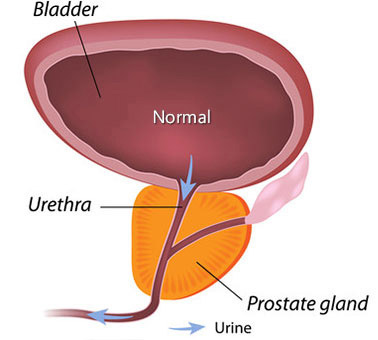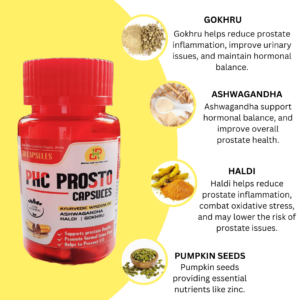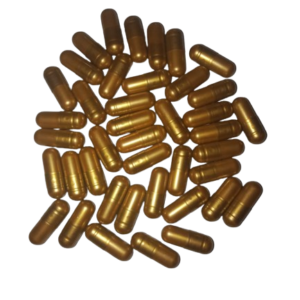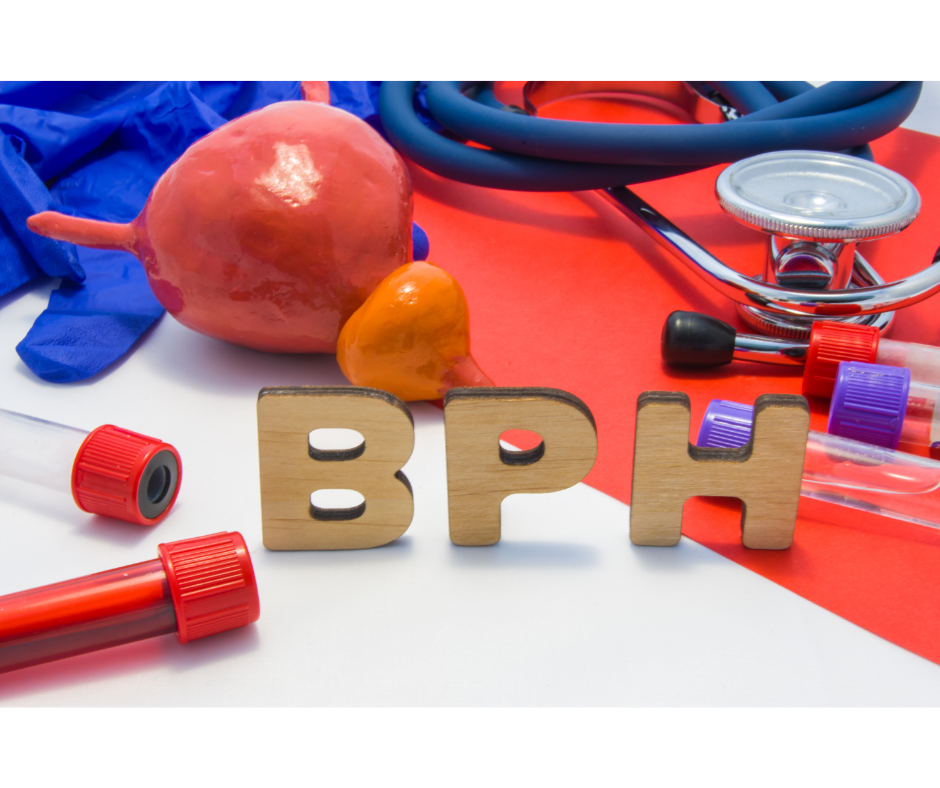Ayurvedic Medicine For BPH Harmless Prostatic Hyperplasia (BPH), otherwise called prostate organ expansion, is a typical condition in maturing men. It involves the prostate gland’s non-cancerous growth around the urethra, which is the tube that carries urine from the bladder through the penis. BPH can result in urinary side effects like,
- Urinary Frequency: Urinary urgency, particularly at night (nocturia).
- Urgency: An intense, sudden desire to urinate.
- Weak Stream: A stream of urine with less force.
- Difficulty Urinating: Having difficulty urinating.
- Incomplete Emptying: Having the impression that the bladder has not completely empty itself following a urination.
- Urinary Retention: The inability to empty the bladder completely.
Although the exact cause of BPH (Ayurvedic Medicine For BPH) is unknown, it is thought to be related to changes in men’s hormones as they get older, particularly an increase in the hormone dihydrotestosterone (DHT), which encourages prostate cell growth.

Treatment Diagnosis of BPH commonly includes: –
Clinical History and Actual Exam: Your PCP will get some information about your side effects and do an actual test, including a computerized rectal test (DRE) to perceive how your prostate organ is
- Urinary Tests: These may include a post-void residual urine test to determine how much urine remains in your bladder after urination and a urine flow study to measure the rate and volume of urine voided (Ayurvedic Medicine For BPH).
Imaging: Once in a while, imaging tests like ultrasound or cystoscopy (utilizing a flimsy cylinder with a camera) might be utilized to additionally assess the prostate and urinary lot (Ayurvedic Medicine For BPH).
Options for Treatment The severity of your symptoms and how much they affect your quality of life determine the best course of treatment for BPH. (Ayurvedic Medicine For BPH) Choices include:
- Watchful Waiting: If your symptoms aren’t too bad, your doctor may tell you to keep an eye on them and not treat them right away.
- Medications: – Alpha-blockers: Assist with loosening up the muscles around the prostate and bladder neck to further develop the pee stream. – 5-alpha reductase inhibitors: By preventing testosterone from converting to DHT, these drugs aid in shrinking the prostate gland. – Combination therapy: In some instances, it may be more effective to take alpha-blockers in addition to 5-alpha reductase inhibitors.
- “Minimally Invasive Treatments”: – “Transurethral Microwave Therapy” (TUMT), “Transurethral Needle Ablation” (TUNA), and “Water Vapor Therapy” (Rezum) are methods that reduce prostate tissue using heat or steam.
- Surgery: – Transurethral Resection of the Prostate (TURP): This common procedure removes excess prostate tissue that is obstructing the urethra. – “Open Prostatectomy” is a surgical procedure that is only performed on extremely large prostates and is performed very rarely today.### Way of life and Home Cures – Bladder Training: To retrain your bladder, schedule bathroom breaks and try to urinate at the same times each day. – Staying away from Liquor and Caffeine: These can disturb the bladder and demolish side effects. – Remain Active: Standard actual work can assist with keeping up with general well-being and work on urinary side effects.

Integrated Methods:-
Herbal Remedies: As previously mentioned, Ayurvedic herbs like Varuna, Gokshura, and Shilajit are sometimes used to support prostate health. However, before beginning any herbal treatment, you should always talk to a trained professional.
Acupuncture: Acupuncture sessions may aid in improving urinary function and reducing discomfort, which may help some men who suffer from BPH experience relief from their symptoms.
To determine the most effective strategy for managing your BPH (Ayurvedic Medicine For BPH) based on your individual symptoms and overall health, it is essential to discuss treatment options with your healthcare provider.
Conclusion
Depending on the severity of symptoms and individual health factors, a comprehensive approach to managing BPH may include lifestyle modifications, medications, minimally invasive therapies, or surgery. You can find the best treatment plan to improve your urinary symptoms and overall quality of life by working closely with your doctor.

You may be interested in…
Your cart is currently empty!
New in store
-
Product on sale
 PHC Prosto Capsule (Pack of 3)Original price was: ₹1,799.00.₹1,499.00Current price is: ₹1,499.00.
PHC Prosto Capsule (Pack of 3)Original price was: ₹1,799.00.₹1,499.00Current price is: ₹1,499.00. -
 Prostaril₹390.00
Prostaril₹390.00 -
Product on sale
 Power GoldOriginal price was: ₹2,999.00.₹1,999.00Current price is: ₹1,999.00.
Power GoldOriginal price was: ₹2,999.00.₹1,999.00Current price is: ₹1,999.00.


